Age and Fertility
How Does Age Affect Pregnancy Rates?
Approximately 20 percent of women wait until age 35 to start trying to get pregnant, according to the American Society for Reproductive Medicine (ASRM). But when trying to get pregnant, age matters. Even if you feel young in every other way, trying to conceive after age 35 usually takes longer.
Many women don’t realize that their fertility begins to decline as early as their late 20s. A healthy 30-year-old woman has a 20 percent chance per month to get pregnant. A healthy 40-year-old woman has only a 5 percent chance of getting pregnant per month.
Jane Frederick, MD – How does age impact fertility?
IVF Pregnancy Rates by Age
As with all fertility clinics, success rates for IVF at HRC Fertility decline with age. When using fresh embryos from non-donor eggs, the ongoing pregnancy rates for IVF at HRC Fertility are as follows:
- 55 percent for a woman under 35
- 49 percent for a woman age 35 to 37
- 39 percent for a woman 38 to 40
- 24 percent for a woman 41+
Why does fertility decline with age?
Women are born with all of the eggs they will ever have in their ovaries (unlike men who continue to produce sperm all their lives). They start out with more than a million eggs, but only have about 300,000 left by the time they reach puberty, of which only about 300 are ovulated during the reproductive years. Also, as you age, both the quantity and quality of eggs is greatly reduced and the eggs that you ovulate are more likely to have genetic abnormalities.
The quantity and quality of your eggs — as well as how well the ovarian follicles are responding to hormonal signals from your brain — is referred to as the ovarian reserve, and it is an indicator of a woman’s fertility.
To learn more about options for treating infertility at any age, contact HRC Fertility today.

